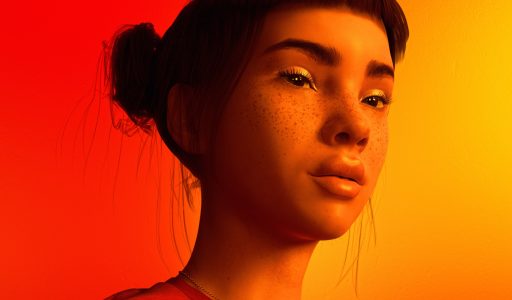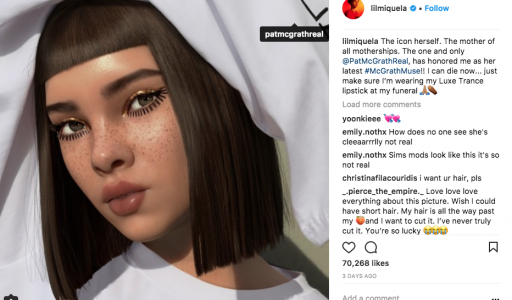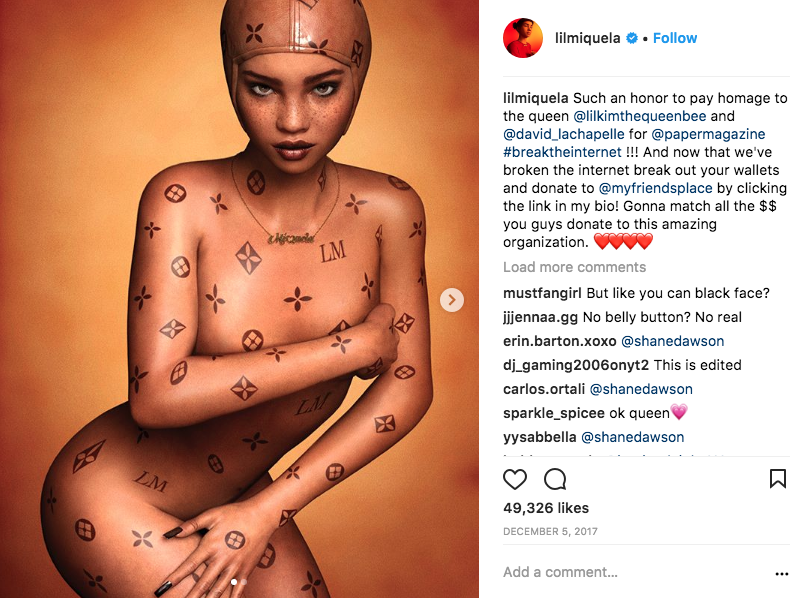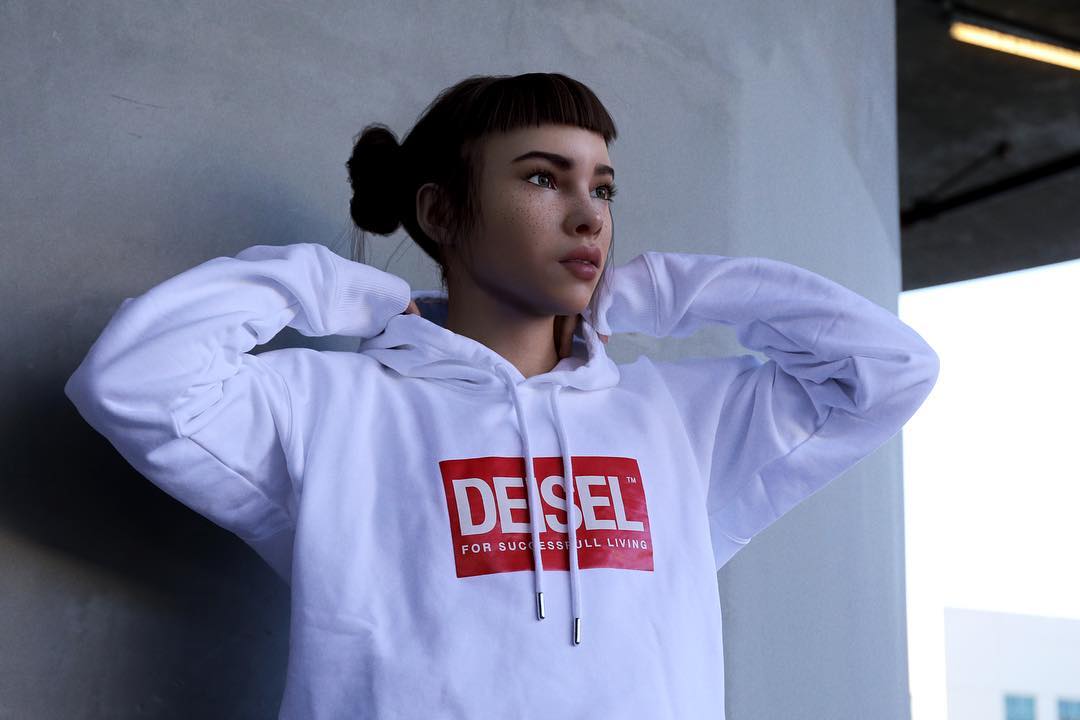The Future of Influencer Marketing
0
The Future of Influencer Marketing
Computer-generated influencer Miquela Sousa is at the forefront of the emerging influencer marketing paradigm shift.
The field of influencer marketing just got a whole lot more interesting: enter Miquela Sousa. Better known as @lilmiquela, the Los Angeles-based 19-year-old is a model, musician and instagram sensation. “Outfit-of-the-day” photos sporting the latest trends and Instagram stories of VIP access to exclusive events indicate that, for all intents and purposes, Miquela fits right in with the rest of the enigmatic universe of social media celebrity. Her career gained momentum when she appeared in features in magazines including Paper, Novembre and Foam Magazine; her single Not Mine soared to number 8 on Spotify’s Viral 50 playlist in August 2017; and her latest venture involves being inducted into the covetable group of Pat McGrath’s #McGrathMuses, which includes the likes of Naomi Campbell, Slick Woods and Hailey Baldwin. Miquela’s impressive (and ever-growing) following of 606k has certainly been well-earned.

So what sets her apart from the burgeoning masses of social media influencers? Miquela isn’t “real,” at least not by any conventional definition of the word. She’s computer-generated. She’s a digital simulation of a person, created for reasons that remain unclear, by people who very clearly prefer to remain anonymous. She is comprised of nothing more than code, yet has garnered a huge fan base.
This concept of “cyber celebrity” isn’t particularly new; it surfaced in the late ‘90s by way of musician Damon Albarn and artist Jamie Hewlett’s brainchild, Gorillaz. The band’s conception derived from Albarn and Hewlett’s desire to comment on the lack of substance found in the music and entertainment industry. Gorillaz’s identity to the public consisted of four animated characters who explored their fictional universe through music videos and short cartoons, and went on to win a Grammy Award for Best Pop Collaboration.
Roughly one decade later, Hatsune Miku emerges from the cyber world. From vocal synthesizer product to a collaboratively constructed cyber celebrity, the vocaloid’s transformation and journey to fame were rapid. In 2013, the fashion industry woke up to the possibility of collaborating with this immaterial persona, a monumental step for a largely material industry. Louis Vuitton’s Chief Designer at the time, Marc Jacobs, designed tour costumes for Hatsune Miku, creating a Damier checkerboard patterned two-piece outfit for the avatar’s tour alongside Lady GaGa and Pharrell Williams. During his tenure as creative director of Givenchy, Riccardo Tisci designed an exclusive lace, Swarovski crystal and crocodile trimmed creation for Miku, who modelled the haute couture gown alongside Tisci in Givenchy’s Paris studio for American Vogue’s May 2016 issue.

So the question arises… What does all of this mean for the future of influencer marketing? Within this complicated, futuristic niche, Miquela proposes some fresh new marketing strategies and techniques. Succeeding her noteworthy peers, the basis of Miquela’s rise to fame offers brands a wider opportunity to partner with a virtual avatar via an approach that effectively interacts with the targeted audience. Her use of social media to communicate to and create a dialogue with her fans makes Miquela feel like a credible, truly existing person, whereas other pioneers of the “CG celeb” movement have thus far been more of a visual spectacle simply to be observed. Miquela has an enviable sense of personal style, has started a career for herself as a music artist and sees her voice on social and political matters making a difference; ultimately, she she lives the life that many can only dream of living. This idea of digitally creating an augmented reality opens the door to endless potential for brand partnerships with influencers; conversely, it foreshadows a world in which “celebrity,” like so many other jobs we consider to be essentially human, is on the path to automation..

This new wave in the digital evolution is bizarre and meta and absolutely fantastic, all at the same time. Whether or not this is a threat to influencer authenticity, and what exactly this will do to the influencer community are answers that only time will tell. Blurring the line between physical and digital worlds, these justifiably interesting computer-generated personalities are causing a shift in the industry, and @lilmiquela is only the beginning of it all.

